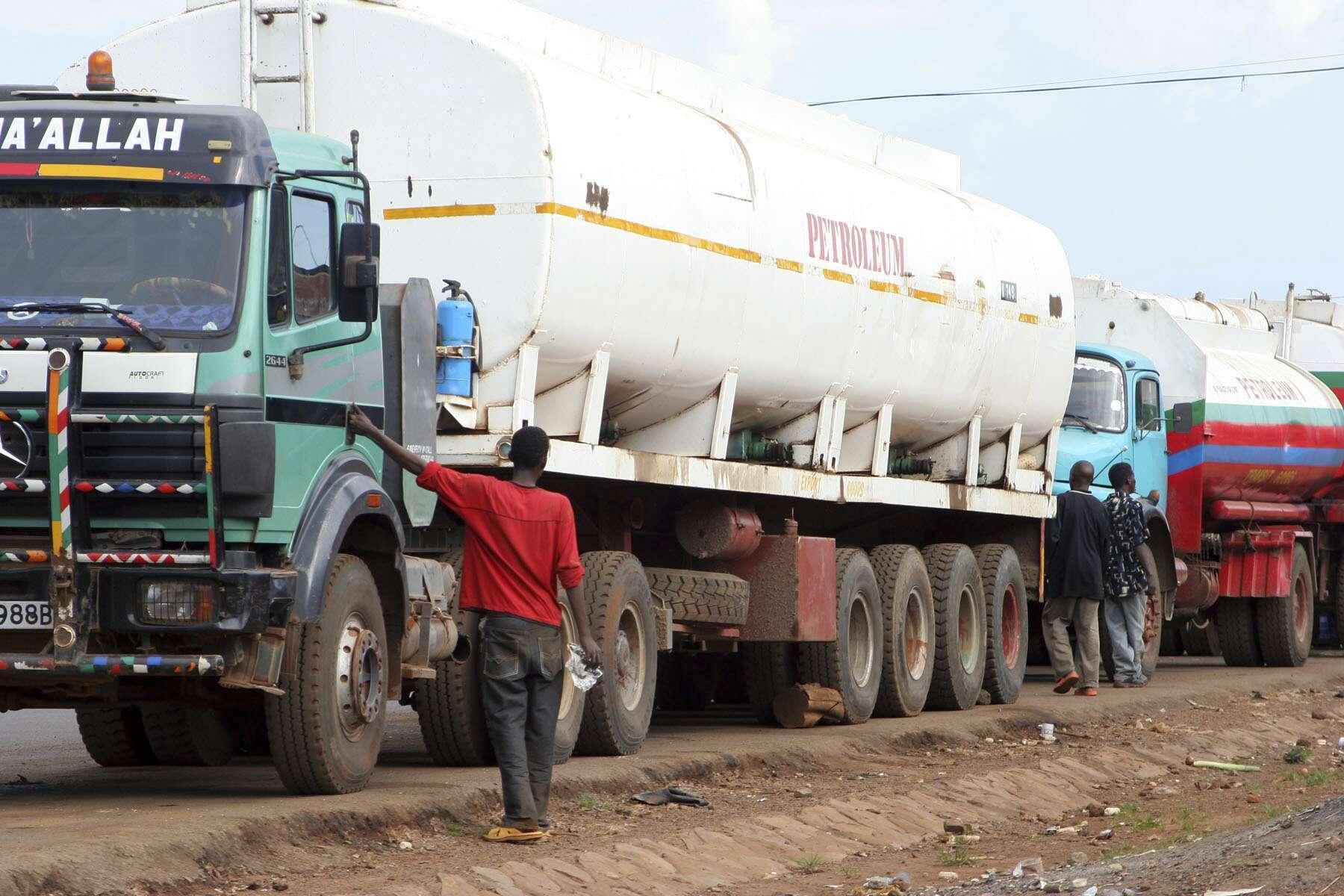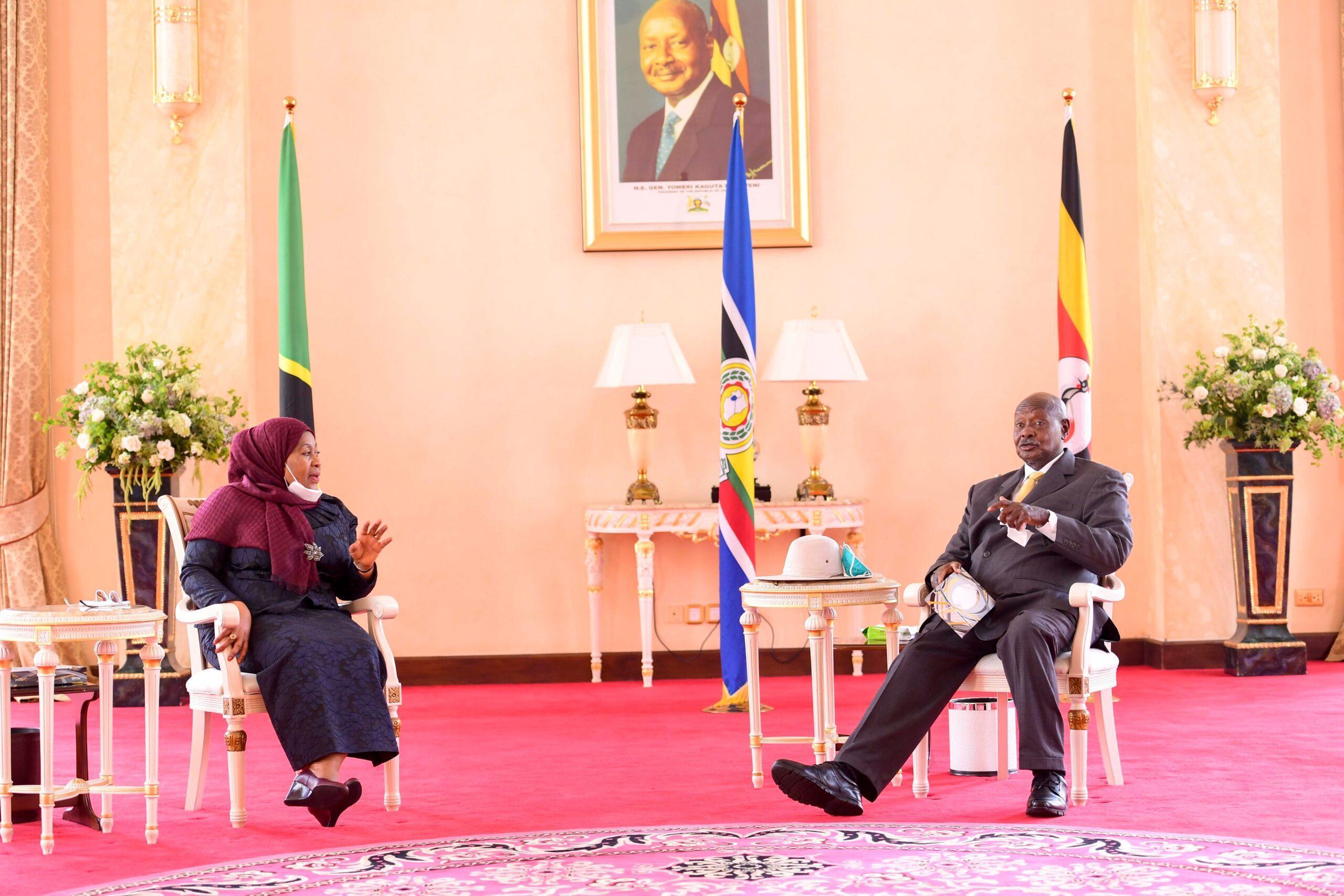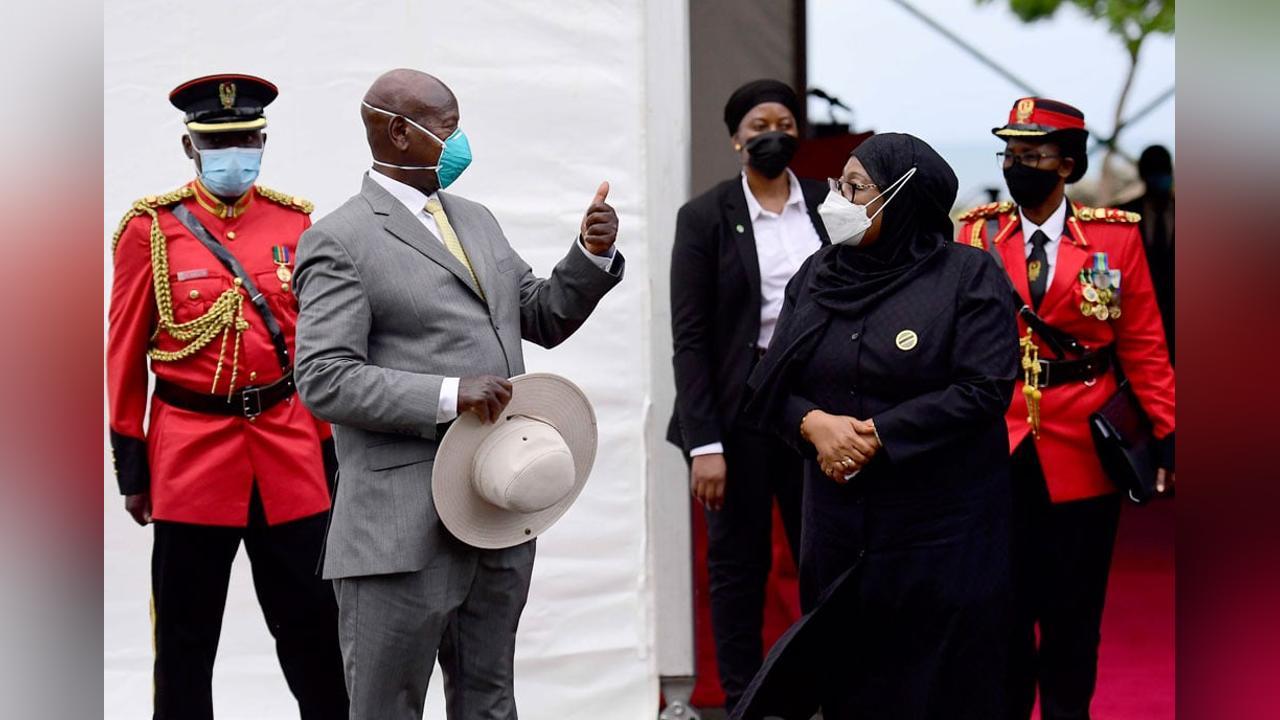Faridah N Kulumba
Africa-Press – Uganda. The government of Uganda’s Energy Ministry revealed last week that it is in negotiation with Tanzania to import all of its oil products through Dar es Salaam, which would mean sidelining Kenya. Uganda has been importing its oil via Kenya’s Mombasa port and if the ongoing negotiations succeed this would put an end to it. Currently, Uganda imports more than 90 per cent of its petroleum products through the Port of Mombasa in Kenya and the rest through the Dar es Salaam port in Tanzania. The importation is done independently by the licensed Ugandan Oil Marketing Companies (OMCs) however through the importation structures in Kenya and Tanzania.
Discontent
Uganda has been dissatisfied with the longstanding system under which Ugandan fuel companies buy 90 per cent of their supplies through affiliated firms in Kenya. The president of the Republic of Uganda H.E Yoweri Kaguta Museveni came out last year and said that this exposes his country to supply disruptions and high pump prices. President Museveni said the country was losing billions by buying fuel through middlemen, adding that Uganda imports 2.5 billion litres of fuel per year worth USD 2 billion but noted without his knowledge, officials opted to buy it through middlemen in Kenya. According to Museveni, it is better to buy petroleum from the refineries abroad and transport it through Kenya and Tanzania reason being this cut out the cost created by middlemen.
The plan for kicking out Kenya
In November last year Uganda’s government started preparations to make changes in petroleum imports that will edge out neighbouring Kenya. This followed Uganda’s Energy Minister Ruth Nankabirwa tabling the Petroleum Supply (Amendment) Bill 2023 that was presented in parliament. The tabled amendments Bill hand over exclusive rights for the supply of all petroleum products to a unit of global energy trader Vitol and end a system that sources the oil products through Kenya. Uganda imported USD 1.6 billion worth of petroleum products in 2022, mostly originating from the Gulf.
Deal negotiations

It all started in 2023 when the government of Uganda met with over 40 fuel companies under the Sustainable Energies and Petroleum Association (Sepa), to discuss a Cabinet resolution on the importation of refined petroleum and related products. President Museveni confirmed the meeting by saying that the country had contracted bulk and refinery suppliers to be able to import fuel into the country at lower prices, noting he discussed it with Kenya’s President William Ruto and Tanzania’s Samia Suluhu Hassan. The government planned for imports to still arrive via Kenya, but Energy Minister Ruth Nankabirwa said the Kenyan government refused to grant the required licence. “We are negotiating with the Tanzanian government. The technical teams are talking, and I will be meeting Her Excellency, the president on that,” Nankabirwa said.
Kenya-Uganda fuel war
In December 2023. the government of Uganda took neighbouring Kenya to the East African Court of Justice after Kenya refused to issue the neighbouring country’s government-owned oil marketer a licence to operate locally and handle fuel imports headed to Kampala. The dispute between Uganda and Kenya over petroleum imports escalated after Kampala filed a case at the EACJ against Nairobi for blocking its use of its pipeline to transport fuel. Uganda’s petition to EACJ followed the Kenyan government declining to issue Uganda National Oil Corporation (Unoc) with a licence to operate as a local oil marketer. The government of Uganda appealed to the EACJ seeking to compel Kenya to permit Uganda to use the pipeline. Uganda says that Kenya has reneged on an earlier commitment, made in April last year, to support Kampala’s quest to directly import its fuel starting this month. Kenya, through the Ministry of Energy and the Energy and Petroleum Regulatory Authority (Epra), issued a raft of requirements that Unoc needed to comply with to get the licence. The Ugandan Attorney-General says in the court documents that Unoc found the above requirements an unnecessary hindrance to the implementation of its petroleum policy as the petroleum products in issue were wholly transit goods not destined for the Republic of Kenya. The requirements include proof of annual sales of 6.6 million litres of super petrol, diesel and kerosene, ownership of a licensed petroleum depot and at least five retail stations locally.
Uganda – Tanzania’s oil negotiations’ effects on Kenya

Currently, the companies in the Gulf supply petroleum products to only three Kenyan companies that in turn sell to Uganda’s oil marketing companies. If the open tender system used by Ugandan companies to buy petroleum products from Kenya changes, Kenya will lose up to USD 100 million it has been earning from handling Uganda’s petroleum and related products per year. About 40 per cent of the fuel Kenya imports is exported, mostly through Uganda to the Democratic Republic of Congo and South Sudan. Early this year, when Kenya was facing a deep depreciation of its currency and was spending a lot of money per month on unplanned, short-term fuel purchases, it changed the system from an open tender policy to a government-to-government import mechanism, where it made a deal with Saudi Arabia and the United Arab Emirates. Ugandan concern is that the new Kenyan system could jeopardise fuel supplies and lead to a spike in retail fuel prices. However, the Ugandan Energy Ministry insists that the government want to find a route that will keep the country safe in terms of petroleum supplies.
For More News And Analysis About Uganda Follow Africa-Press






